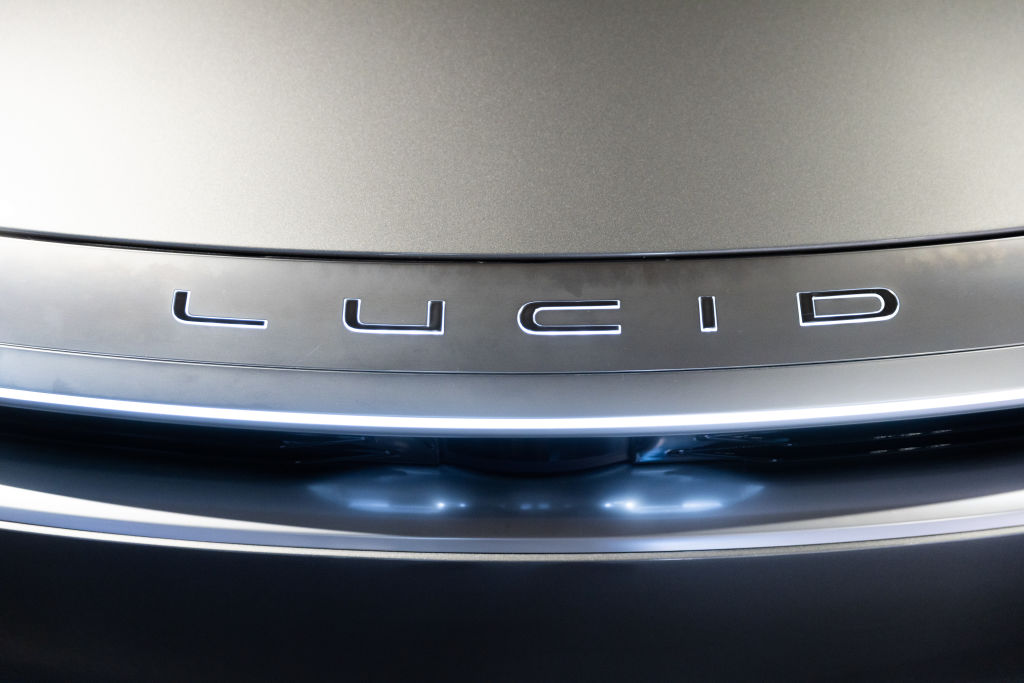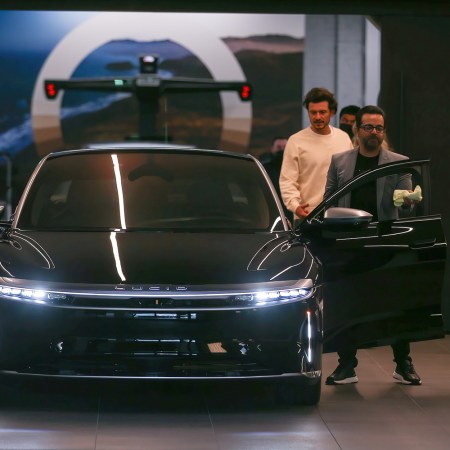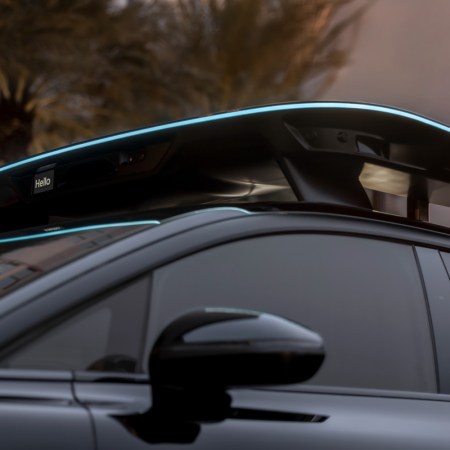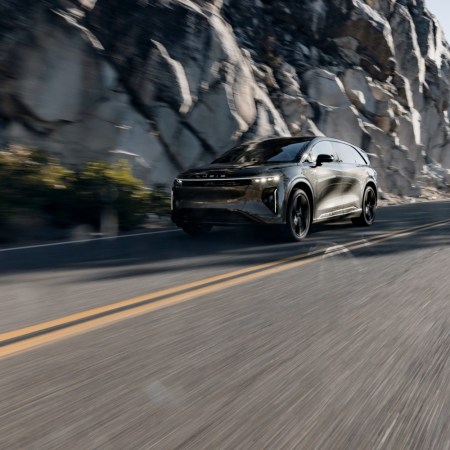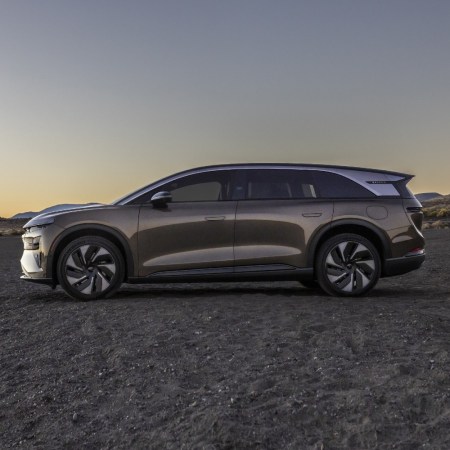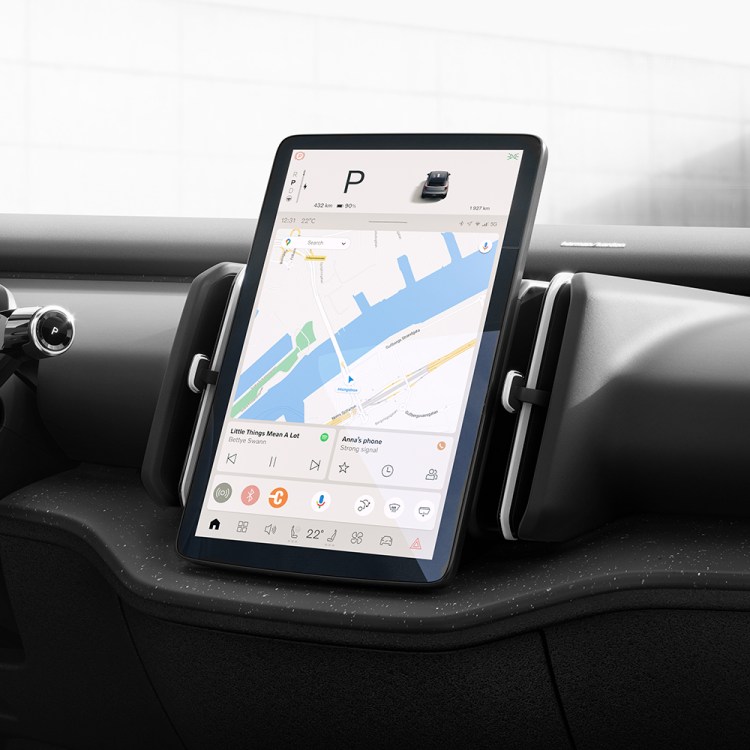If you’ve been following the electric vehicle space over the last few years, you’ve seen a lot of promising cars and trucks announced — even as the country seems to be a long way from having EVs be the majority of vehicles sold each year. As it turns out, Lucid Motors CEO Peter Rawlinson — the former chief engineer of Tesla’s Model S program — has some thoughts on how to close that gap, and what role Lucid might play in it.
In an interview with journalist Andrew Keen, Rawlinson addressed the work Lucid Motors has done to date, and where they might go from here. “I’ve spent my entire career engineering cars,” Rawlinson said of his perspective on the industry. “It’s a passion and a journey for me.”
Rawlinson went on to speak about “extraordinary efficiency” in battery packs. It was here that Keen first raised the subject of affordability — the Lucid Air has earned high marks, but its price tag will put it out of range for many buyers. Rawlinson spoke about the importance of “defining a brand.” He went on to tell Keen that “it takes more money to industrialize a high-end car than a low-end car.”
Keen pressed Rawlinson on issues of affordability, asking if Rawlinson foresaw a car that could travel between 300 to 500 miles on a single charge for under $50,000. “That’s not going to come any time soon,” Rawlinson said. “Lucid may play in the $50,000 to $250,000 price range. But the route towards a car which is $50,000 will be unlocked by the advanced technology that Lucid is creating and developing today. And that can be licensed to others to manufacture.”
Rawlinson argued that miles per kilowatt-hour were of paramount importance, and said that he foresaw a wider adoption of electric cars when consumers could buy smaller (and more affordable) cars with smaller battery packs if the infrastructure existed for widespread fast charging.
“Efficiency is the key to unlock the door for an affordable EV for the future,” Rawlinson said — a statement that applied to both automotive engineering and infrastructure. His position was that an affordable car with only a 150-mile range could be widely accepted if it could be charged quickly enough. That left a lot of questions open to debate — including to whom Lucid might license their technology. But as grounds for optimism go, this conversation offered plenty.
Thanks for reading InsideHook. Sign up for our daily newsletter and be in the know.
